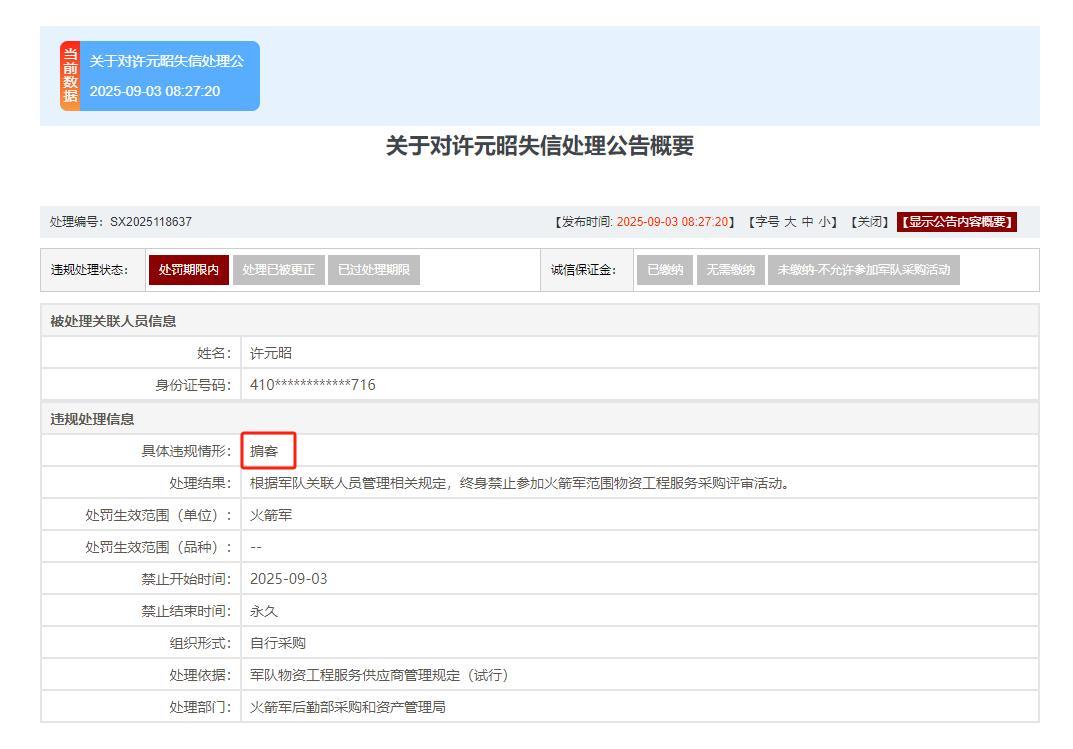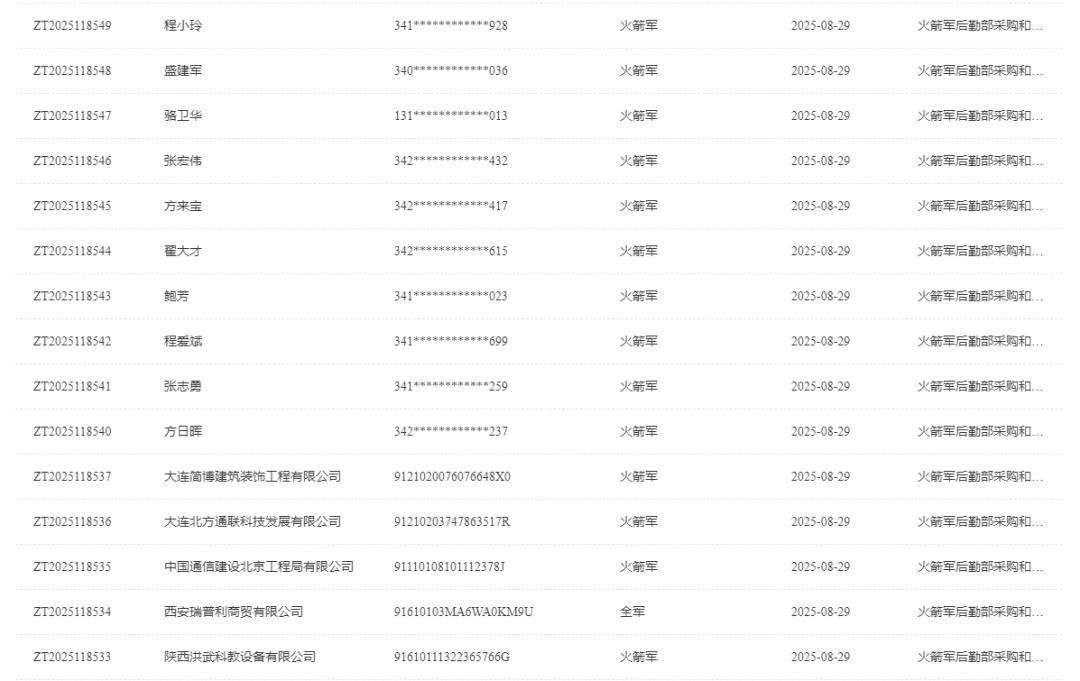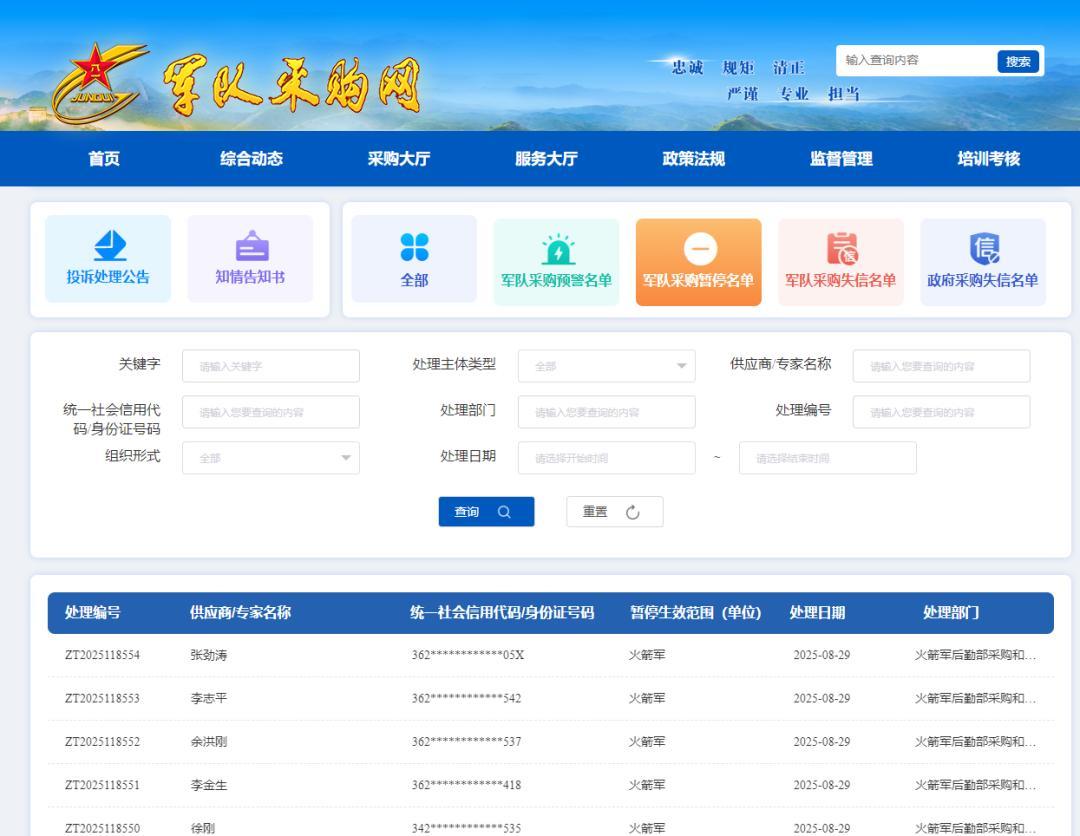On Sept 10, the Political Work Department of the CMC held a Q&A session on the "Regulations on CPC Party Building in the Armed Forces” (中国共产党军队党的建设条例). A long thread on noteworthy aspects of the Regulations, based on the Q&A (mod.gov.cn/topnews/2020-0…).
First, on importance. 1) This is a rare document and the first Regulation (条例) issued under Xi; and 2) it’s one of the only times outside observers are offered a glimpse into the objectives and legal aspects of Party-building in the PLA, in lieu of full text of the Regulations.
Background: drafting of the Regulations started in January 2019. It took over a year to complete. On June 29, 2020, Xi presided over a meeting of the Political Bureau of the Central Committee to deliberate and pass the Regulations.
According to the PWD, the "Regulations" are “the backbone of the party's internal regulations for comprehensively regulating party building in the military.”
The impetus, according the article, says “Facing the new era, new mission and new system, it is necessary to make an overall design and comprehensive standard for Party building in the military.”
It’s also the “first time a comprehensive and systematic regulation of Party building in the military was specifically made” (首次专门对军队党的建设作出全面系统规范).
In other words, Xi saw it necessary to issue new internal guidelines based on the massive reforms taking place within the PLA, and to reassert the paramount authority of the Party over the PLA.
Or, as the article says, “to ensure that the people's army always maintains its nature, purpose, and true qualities to achieving the party's goal of strengthening the army in the new era and building the people's army into a world-class army in an all-round way.”
And to “highlight the fundamental guidance of XJP’s thought on socialism with Chinese characteristics in the new era, thoroughly implement XJP’s thoughts on strengthening the army, and integrate XJP’s important instructions on strengthening Party building from the 19th PC.”
This is when the article hints at some of the more interesting aspects of civ-mil relations in the Xi era. For example, it says “Party building in the army is facing many new situations and new problems.” What might those “problems” be?
For one, “solving the prominent contradictions and weaknesses (突出矛盾和薄弱环节) in the Party building of the military, focusing on solving the difficulties, obstacles, and confusions in Party building of the military under the new system.”
In other words, all is not perfect in Party control over the PLA, despite much effort under Xi over the past 8 years. What might these problems be? IMO, corruption and a fiefdom-mentality/stove-piping within the PLA, among others.
The Regulations assert that “the Party's absolute leadership over the army is an essential feature of socialism with Chinese characteristics, an important political advantage of the Party and the country, and the foundation of the people's army and the soul of a strong army.”
One noteworthy feature is the focus on the Chairman Responsibility System (CRS) of the CMC (军委主席负责制). To quote: “It is the fundamental system and fundamental realization form for adhering to the Party's absolute leadership over the Army.”
And “the highest level in the commanding position of the Party's entire system of leadership of the army. The Regulations emphasize the need to resolutely implement the CMC chairman’s responsibility for the overall work of the CMC.”
Then there’s this: “the Regulations seek to form a ‘closed loop’ (闭合回路) for implementing the CSR of the CMC.” This hints at another problem Xi seeks to redress: the Chairman of the CMC is all-powerful, whose authority and directives must be heeded throughout the PLA.
On operational intent: “President Xi emphasized that party building should become an enhancer and power amplifier of the army's combat effectiveness, and highlight Theater Party Committees (PCs) as a single type in the party organization system of the military”
...And include PCs that can “adapt to the reality of the diversified organization system and large differences in units after the reform…so that the establishment of various party organizations can be based on evidence and practice.”
This means to “standardize the leadership relationship of the Party organization to the party committees of the theater party committees, service party committees, and theater service party committees…”
“…as well as the party organizations that perform combat missions, participate in joint training, and perform non-war military operations. This leadership relationship is made clear in the Regulations.”
In other words, PCs and Political Commissars will continue to be imbedded in combat units and Theater Commands, but not interfere with the PLA’s ability to “fight and win battles,” as enunciated by Xi.
On the whole “evidence” thing, the Regulations mention the need to “adjust the composition of PCs from the past “number-oriented” approach to a “principle-oriented” approach, which means…
...“striving to solve the problem of large differences in the establishment of different types of units at the same level and the difficulty of uniformly stipulating the number of party committee members under the new system.”
This tells me the numbers of PCs and Commissars, and the training required, will need to be drastically changed to accommodate “jointness” in the PLA. It will also no longer be a math equation, but deployments based on specific skills and backgrounds of PCs.
Finally, a lot of content dedicated to discipline and inspection in PCs within the PLA. Specifically, to “ensure the relative independence and authority of the supervisory powers of the disciplinary committees at all levels”
...to include special agencies for internal party supervision” and the “expansion the types of disciplinary committees above the regiment level,” to include “theater disciplinary committees and temporary unit disciplinary committees”
The Regulations add that “in the anti-corruption struggle, we emphasized maintaining a ‘high-pressure situation’ in investigating and punishing corruption, strengthening supervision and deepening and expanding political inspections to foster a culture of clean government.”
In other words, discipline and inspection continues to be front and center for Xi in Party-building in the army, enhancing Xi’s iron fist over corruption and nepotism in the PLA.
Reading between the lines, these Regulations tell me all is not perfect in Party-Army relations, despite much progress under Xi. The Party maintains firm control, no doubt, but there are cracks in the façade that Xi is trying to patch.
Among them are CMC Chairman control over the now 15 CMC departments; command over a more defuse, Theater-Command PLA structure focused on jointness, which presents challenges for Party supervision; and continued corruption in the PLA. /END.
• • •
Missing some Tweet in this thread? You can try to
force a refresh














